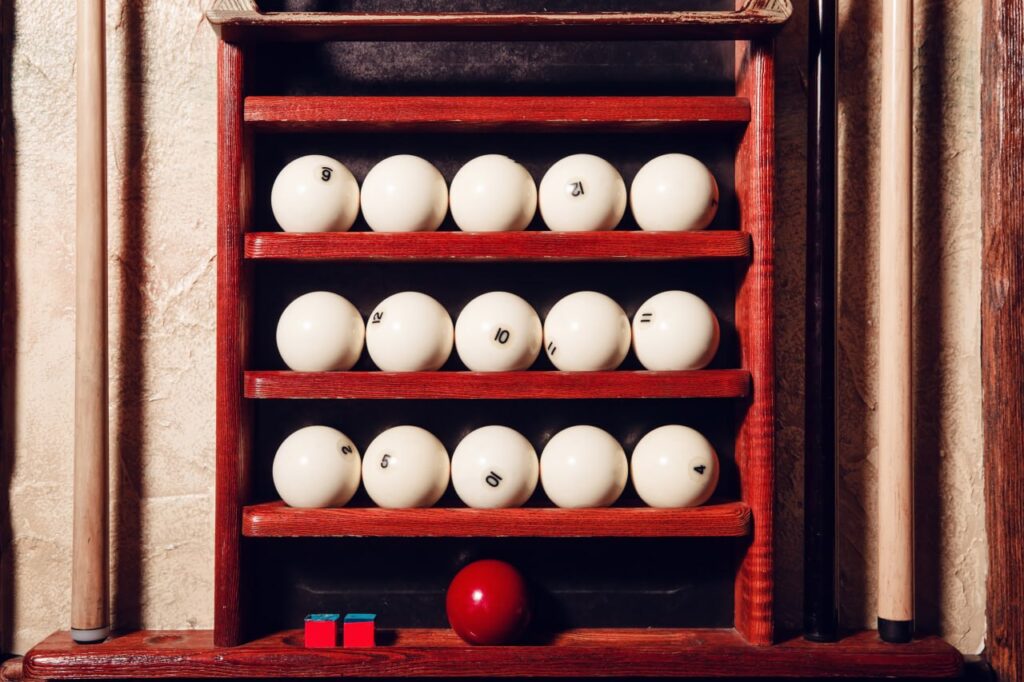Billiards is a game of precision, strategy, and skill. For beginners, mastering the fundamental techniques and understanding basic strategies can significantly improve performance and enjoyment of the game.
Basic Techniques
A solid stance is crucial for stability and control in billiards. Position your feet about shoulder-width apart, with one foot slightly forward. Bend your knees slightly and lean over the table, keeping your head low and your eyes aligned with the cue stick. This position allows for better aim and control over your shots. How you hold the cue stick also affects your accuracy and power. Use a relaxed, comfortable grip with your dominant hand, ensuring that your fingers are not too tight. Hold the cue lightly, allowing for a smooth and natural stroke.

The bridge, the hand that rests on the table and supports the cue, is another essential component. There are several types of bridges, but the most common is the closed bridge, where your index finger wraps around the cue. Ensure your bridge is stable and provides a consistent path for the cue stick. Finally, a smooth, controlled stroke is vital for accurate shots. Practice a consistent back-and-forth motion, focusing on striking the cue ball precisely where intended. Avoid jerky or rushed movements, as they can lead to inaccurate shots. Mastering these basic techniques will provide a strong foundation for your billiards game.
Key Strategies
-
Shot Selection
Choosing the right shot is critical in billiards. Beginners should focus on making straightforward shots and avoiding overly complex or risky plays. Prioritize shots that offer a high probability of success and help set up the next shot.
-
Position Play
Effective position play involves controlling the cue ball’s placement after your shot. Aim to leave the cue ball in a favorable position for your next shot, minimizing difficult or awkward angles. This strategy requires planning and foresight, allowing you to maintain control of the table.
-
Defensive Play
Sometimes, the best offense is a good defense. If a clear shot isn’t available, consider playing a safety. A safety shot involves positioning the cue ball in a way that makes it difficult for your opponent to make their next shot. This strategy can help you regain control of the game.

Final Tips
Billiards is a game of patience and practice. As a beginner, focus on mastering the basics and gradually incorporating more advanced techniques and strategies. Play regularly, watch experienced players, and don’t be afraid to ask for advice. With dedication and practice, your skills and understanding of the game will steadily improve, making billiards a more enjoyable and rewarding experience.
